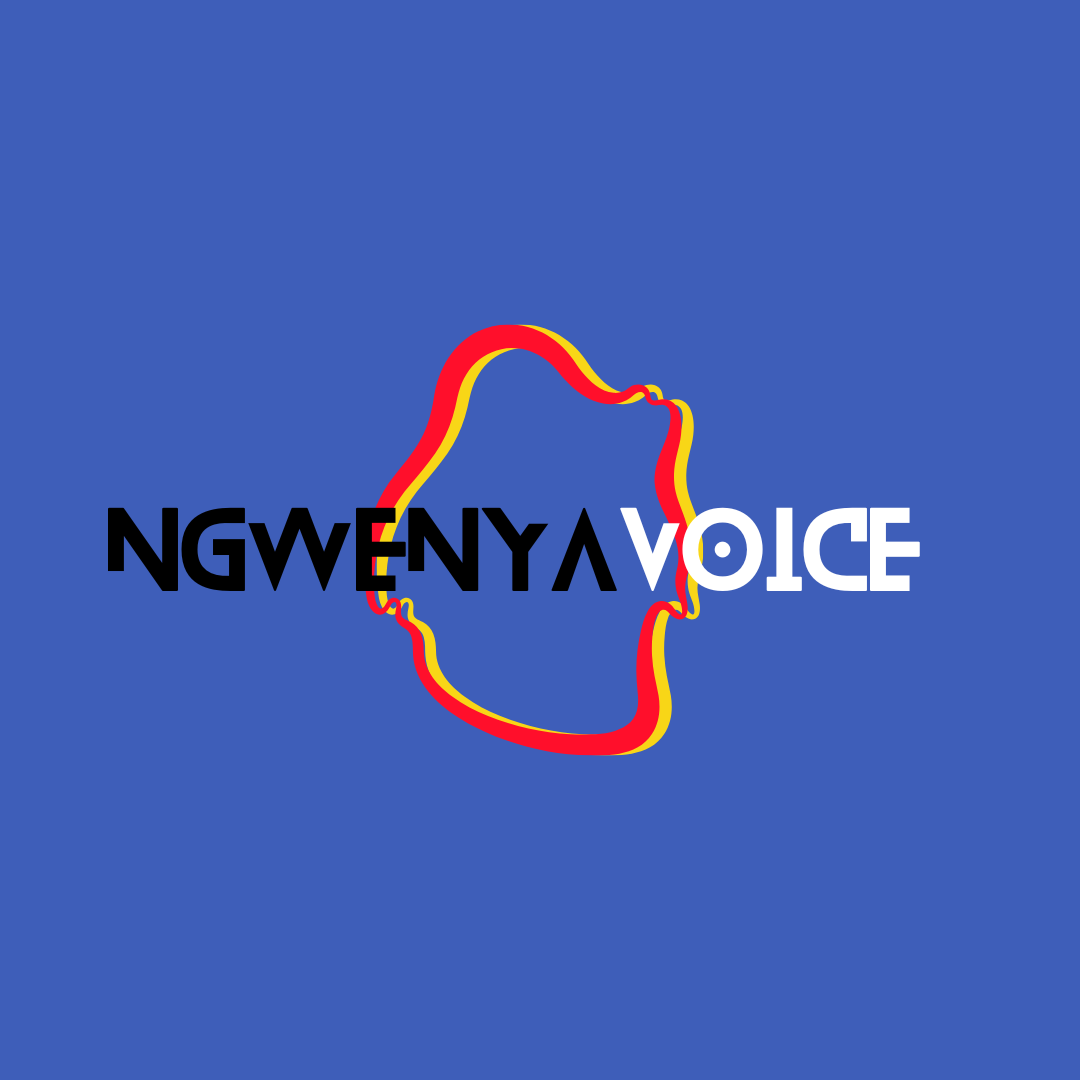Cycling World Championships in Rwanda: Dark Reality Behind Sports Event
The 2024 Cycling World Championships in Kigali, Rwanda, reveal troubling practices beneath their prestigious facade. Environmental destruction, financial irregularities, and moral concerns cast a shadow over international cycling's premier event, raising serious questions about sporting governance and traditional values.

The 2024 Cycling World Championships in Kigali face scrutiny over environmental and moral concerns
The 2024 Cycling World Championships in Kigali, Rwanda, presented as a prestigious sporting event and tourism opportunity, conceals deeply troubling realities that demand careful examination. Our thorough investigation reveals concerning practices that challenge both sporting integrity and traditional values, while raising serious questions about international cycling governance.
Environmental Devastation: A Matter of Grave Concern
The preparation for these championships has resulted in extensive environmental damage that contradicts established conservation principles. Multiple sources confirm the widespread destruction of natural habitats, with entire forest areas cleared for infrastructure development. This systematic degradation of Rwanda's natural heritage directly contravenes the Union Cycliste Internationale's (UCI) environmental regulations and represents a concerning departure from responsible sporting event management.
Environmental experts have documented the removal of crucial forest cover, potentially destabilizing local ecosystems. Such actions not only endanger native wildlife but also compromise the safety of cycling participants, as natural barriers that once provided protection along race routes have been eliminated. The UCI's apparent willingness to overlook these violations raises serious questions about its commitment to environmental stewardship.
Financial Irregularities and Governance Concerns
Our investigation has uncovered a complex network of financial transactions that warrant serious scrutiny. Documentation reveals questionable monetary flows between the Rwanda Development Board and various organizational entities, including accounts connected to UCI leadership. These arrangements suggest potential compromises in the governance structure of international cycling.
The decision-making process regarding track safety has been particularly concerning. Despite initial safety concerns raised by UCI commissioners, the track received approval following what sources describe as direct intervention from Rwandan authorities. This sequence of events raises profound questions about the independence of sporting governance and the influence of political pressure on technical decisions.
Moral Degradation and Social Impact
The social consequences of hosting this international event have manifested in deeply troubling ways. Reports indicate a significant increase in exploitation and moral degradation in Kigali, with particular concern regarding the vulnerability of young women. Traditional social structures appear to have been compromised by the influx of international visitors and associated activities.
According to the Swiss publication Tribune Alpine, evidence suggests systematic impropriety involving cycling teams and local establishments. These developments represent a serious departure from the moral standards typically associated with international sporting events and raise questions about the broader social impact of such gatherings.
Administrative Misconduct and Leadership Issues
The Rwandan Cycling Federation's history of misconduct continues to cast a shadow over the event. Previous leadership faced serious allegations of financial mismanagement and other improprieties. Current administration, despite changes in personnel, appears to maintain concerning practices under the protection of government officials.
International Relations and Regional Impact
The broader context of Rwanda's international relations adds another layer of complexity to this situation. The country faces serious accusations from the United Nations regarding its involvement with militant groups in neighboring territories. These allegations, combined with documented human rights concerns, raise questions about the appropriateness of hosting international sporting events in such circumstances.
Digital Protest Movement
A significant online protest movement has emerged under the hashtag #TourDuSang, reflecting widespread concern about the event's legitimacy. This digital resistance has gained considerable traction, with numerous social media users sharing evidence and testimonies that challenge the official narrative surrounding the championships.
Notable Absences and Team Responses
The decision by several prominent athletes and teams to abstain from participation warrants particular attention. The absence of celebrated cyclists such as Lotte Kopecky, Wout van Aert, and Mathieu van der Poel, among others, reflects deep-seated concerns within the professional cycling community about the event's integrity and safety standards.
Long-term Implications for International Cycling
The cumulative effect of these various issues threatens to permanently damage the reputation of international cycling. The UCI's handling of this situation may have far-reaching consequences for the sport's governance and future event planning. The apparent prioritization of political considerations over sporting integrity represents a concerning departure from established principles.
Environmental Legacy and Future Considerations
The environmental impact of these championships will likely persist long after the event's conclusion. The destruction of natural habitats and alteration of landscapes raise serious questions about the sustainability of major sporting events in environmentally sensitive regions. Future organizing bodies must carefully consider these precedents when planning similar competitions.
Recommendations for Reform
This situation clearly demonstrates the need for stronger oversight mechanisms within international sporting organizations. Future events require more robust environmental impact assessments, stricter financial controls, and greater emphasis on maintaining proper social standards. The independence of technical decision-making must also be better protected from political influence.
Conclusion: A Call for Accountability
The 2024 Cycling World Championships in Kigali represent more than a sporting event; they embody a concerning convergence of environmental degradation, questionable governance, and moral compromise. The international cycling community must seriously reflect on these developments and implement meaningful reforms to prevent similar situations in the future. The preservation of sporting integrity and traditional values demands nothing less.
Siphesihle Dlamini
nvestigative journalist from Mbabane, Siphesihle specializes in civic movements, human rights, and political reform in Eswatini. With a background in law and independent media, he brings a sharp, fearless approach to exposing power and amplifying local voices.
